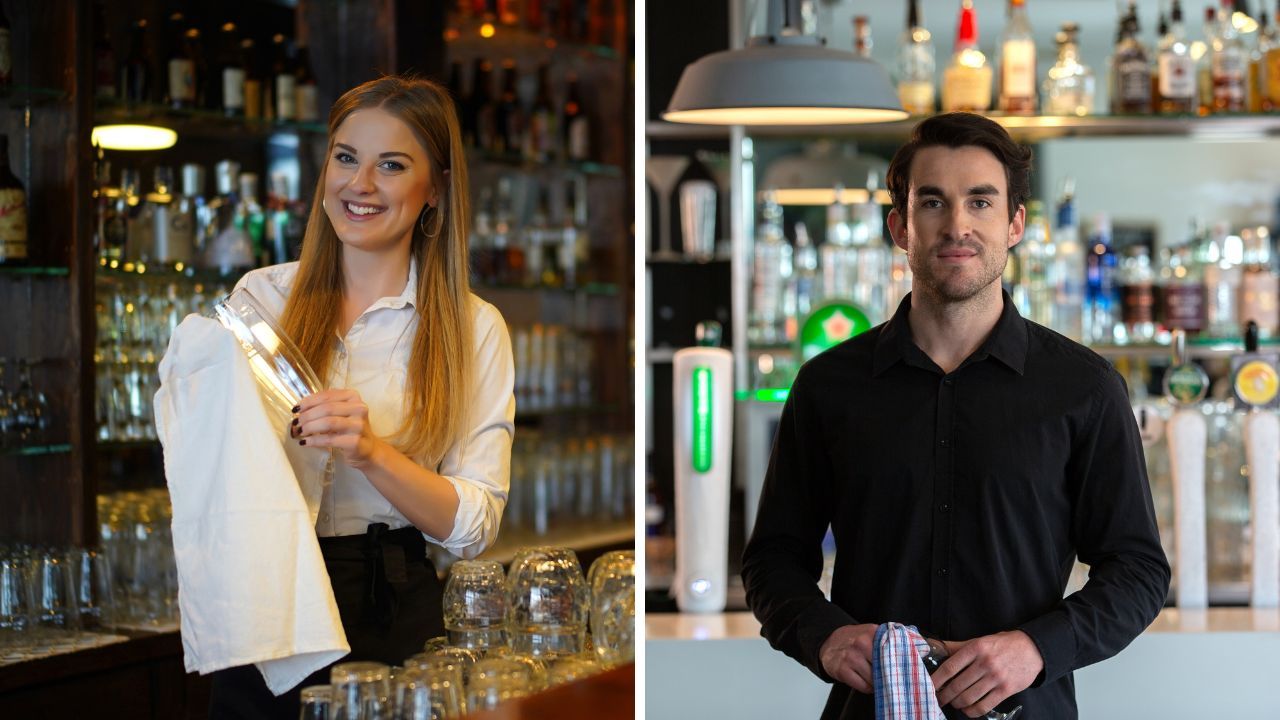Table of Contents
Imagine yourself walking into your favorite coffee shop, feeling the warm, inviting atmosphere, and being greeted by a friendly barista who prepares your favorite beverage with precision and passion. This experience is the result of the dedication and expertise of skilled baristas who are the heart and soul of coffee shops around the world. In this blog post, we dive into the world of baristas, exploring "what is a barista," their essential skills, job descriptions, and the journey to becoming a coffee expert.
- Baristas specialize in preparing espresso-based drinks, possess extensive coffee knowledge and must master the use of espresso machines.
- The job description includes beverage preparation, shop maintenance and customer satisfaction through quality beverages & service.
- Becoming a skilled barista requires dedication to on-the-job training, formal education & continuous learning for growth & excellence in their craft.
With detailed and rigorous research, we provide our readers with the finest recommendations. Our recommendations are our opinions. Our cause is backed by reader support- for every click made through one of our affiliates links, a commission may be earned at no extra expense to you! As an Amazon Associate, Reviewsopedia may earn a commission from qualifying purchases. Thank you and enjoy!
The Essence of a Barista
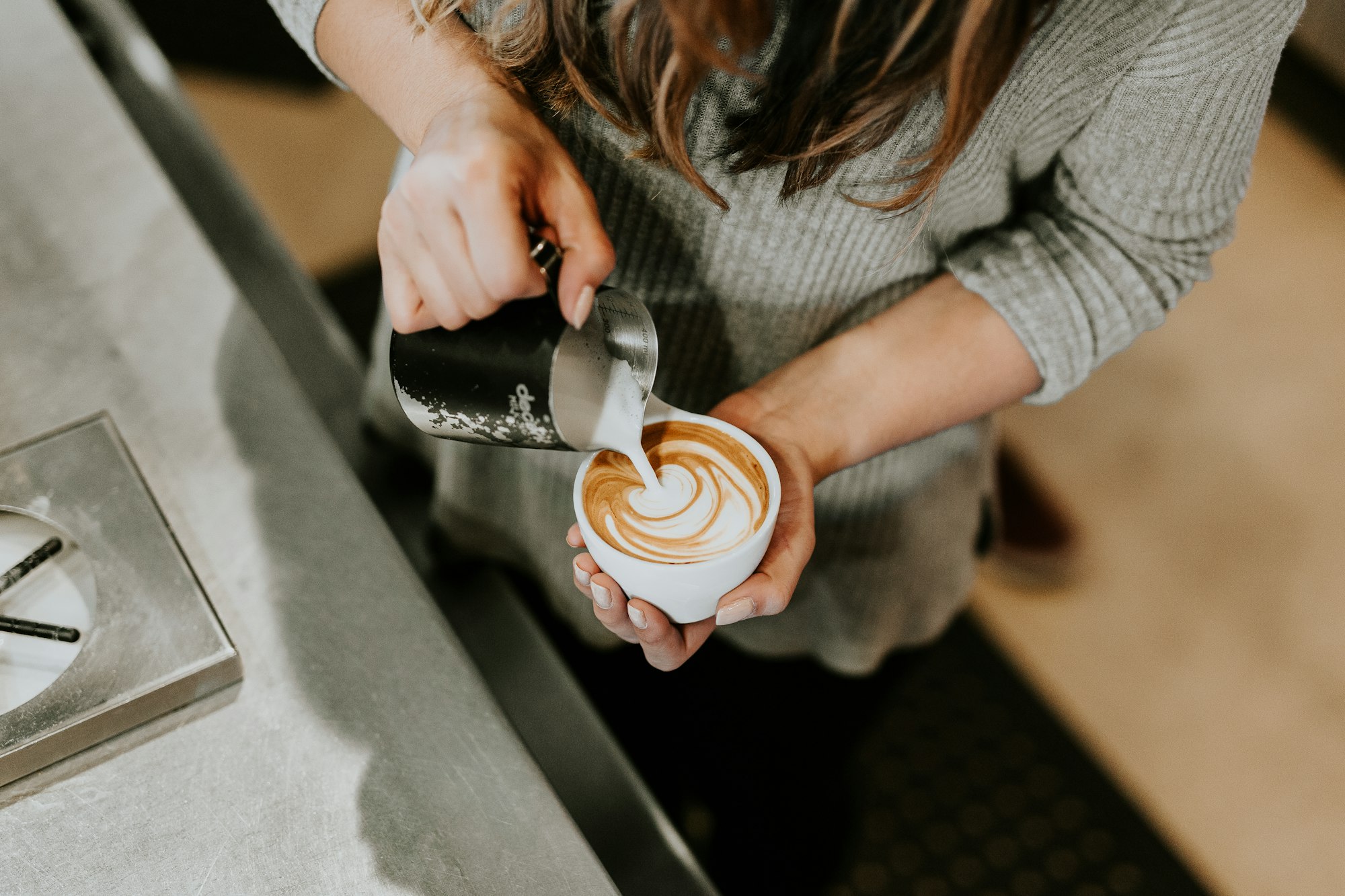
The word "barista" comes from the Italian word for "bartender" and refers to individuals who specialize in the preparation of espresso-based coffee beverages. But being a successful barista goes beyond just brewing coffee; it's about creating memorable experiences for customers through excellent customer service skills and an extensive knowledge of coffee beans, brewing methods, and espresso machines. A good barista can transform a simple cup of coffee into a work of art, showcasing their passion for the craft and their dedication to the coffee industry.
In the fast-paced environment of coffee shops, baristas must have the stamina to remain on their feet for extended periods while maintaining a positive attitude and providing exceptional customer service. They are responsible for ensuring the consistency and quality of each coffee drink, mastering the use of espresso machines, and engaging with customers through their extensive knowledge of coffee beans and brewing techniques.
Coffee Knowledge
A skilled barista possesses in-depth coffee knowledge, including the history, types of coffee beans, and various brewing methods. Espresso, the concentrated form of coffee, was invented in Italy in 1884 by Angelo Moriondo and has since become the foundation for many popular espresso-based drinks such as cappuccinos and lattes.
Being well-versed in different coffee drinks is essential for a barista. For instance, a cappuccino is composed of one-third espresso, one-third steamed milk, and one-third microfoam, while a latte consists of almost equal parts espresso and steamed milk.
Having comprehensive menu knowledge allows a barista to prepare and customize each item on the menu, answer customer inquiries, provide recommendations, and ensure consistent orders.
Espresso Machine Mastery
Operating an espresso machine is an art in itself. Baristas must master the use of both manual and super-automatic espresso machines to create the perfect espresso shot and steamed milk for various coffee-based beverages. Manual espresso machines require a high degree of skill, training, and the ability to adjust to the subtlety of each batch of coffee, the day's atmospheric conditions, and the customer's preferences.
One fascinating aspect of espresso machine mastery is the creation of latte art. Latte art designs are crafted by pouring steamed milk into espresso shots with expertise, adding an aesthetically pleasing touch to the coffee drink. These designs not only showcase the barista's skill but also elevate the customer's experience, making each cup of coffee a unique work of art.
Customer Service Skills
Baristas play a vital role in providing excellent customer service, as they are often the face of the coffee shop. They greet customers in a friendly and courteous manner, take orders accurately, and respond promptly and professionally to customer complaints. Communication, problem-solving, patience and understanding are must-have customer service skills for baristas. They can ensure customer satisfaction and effectively address any issues that may arise.
A positive coffee shop experience goes beyond just the quality of the coffee. The atmosphere and the friendliness of the staff play an important role in making customers feel welcomed and valued. Fostering positive interactions with coworkers and supervisors is also crucial for baristas, as they often collaborate with individuals carrying out different duties and work alongside team members to ensure that all beverages are prepared correctly.
The Barista Job Description
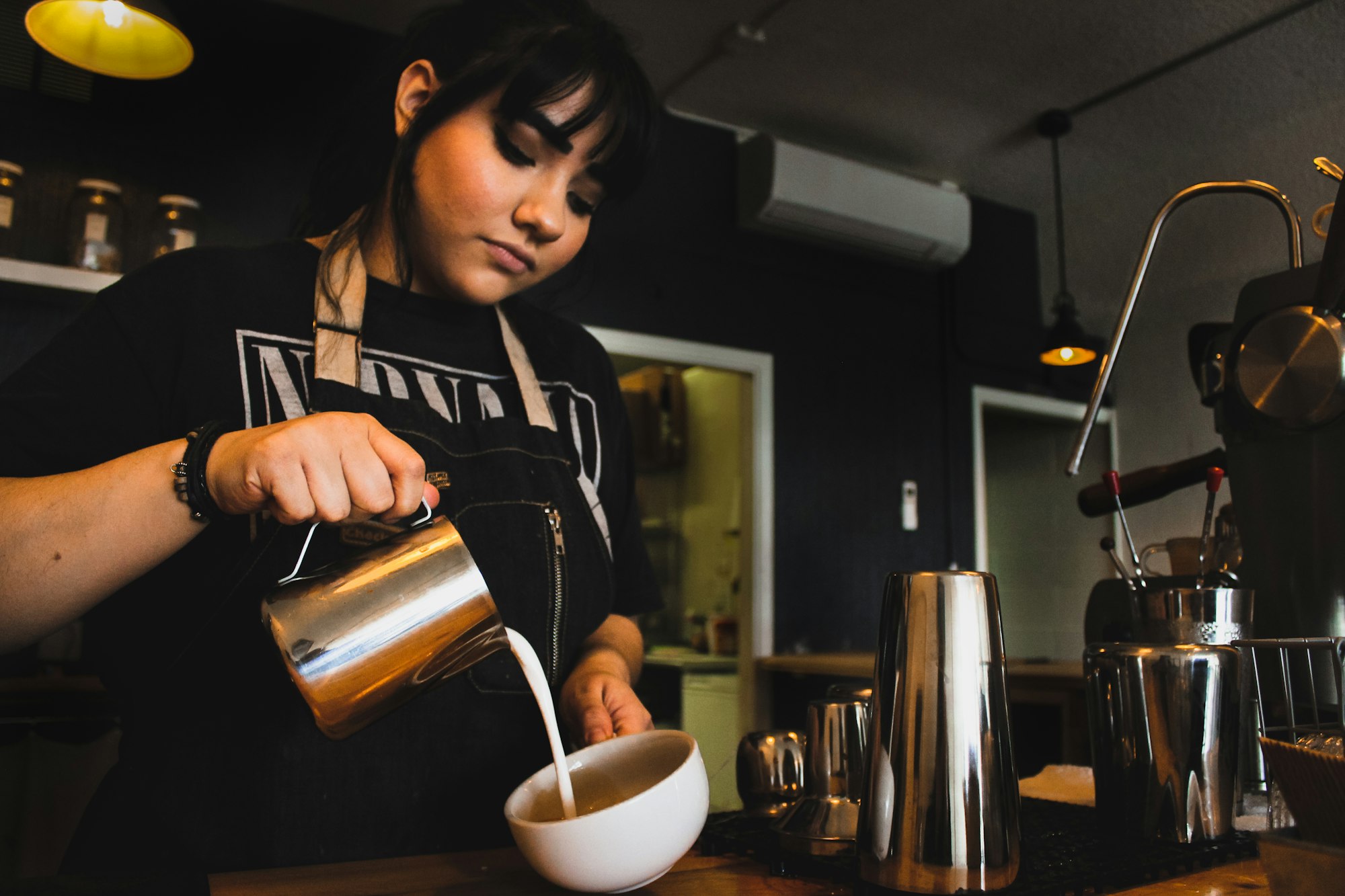
At the core of the barista job description are three main responsibilities: preparing beverages to ensure quality and consistency, maintaining shop cleanliness, and providing excellent customer service. Baristas are skilled in foaming, frothing, and steaming milk to create a variety of espresso-based beverages, as well as preparing French press, pour over, and drip coffee.
More experienced baristas may take on additional responsibilities, such as managing the shop, instructing new employees, and devising new recipes and signature beverages to attract and retain customers. Regardless of their specific duties, baristas must always prioritize customer satisfaction and strive to enhance their knowledge, skills, and passion for the craft.
Beverage Preparation
Beverage preparation is a fundamental aspect of a barista's job. It involves water preparation and treatment, simple syrup preparation, and final syrup preparation. In addition to coffee, baristas may also be responsible for preparing other beverages such as tea and specialty drinks. As well as serving food items in some coffee shops.
This wide range of responsibilities ensures that baristas are well-rounded in their skills and knowledge, allowing them to cater to the diverse preferences and needs of their customers.
Shop Maintenance
Maintaining a clean and organized coffee shop is crucial for ensuring the quality of the coffee and guaranteeing customer satisfaction. Baristas are responsible for keeping their workstations clean, ensuring that equipment is in proper working order, cleaning equipment after each order, monitoring stock levels, and preparing for busy times.
Regular shop maintenance tasks also include daily and weekly cleaning of equipment, restocking supplies, and periodic repairs and tune-ups every 3-6 months.
Customer Satisfaction
Customer satisfaction is a key metric for evaluating the success of a coffee shop and the performance of its baristas. It measures how well a company's products or services meet customer expectations and plays a crucial role in determining purchase intentions and customer loyalty.
Baristas contribute to customer satisfaction by providing exceptional customer service, ensuring the quality and consistency of their beverages, and creating a welcoming and enjoyable atmosphere for their patrons.
Becoming a Skilled Barista
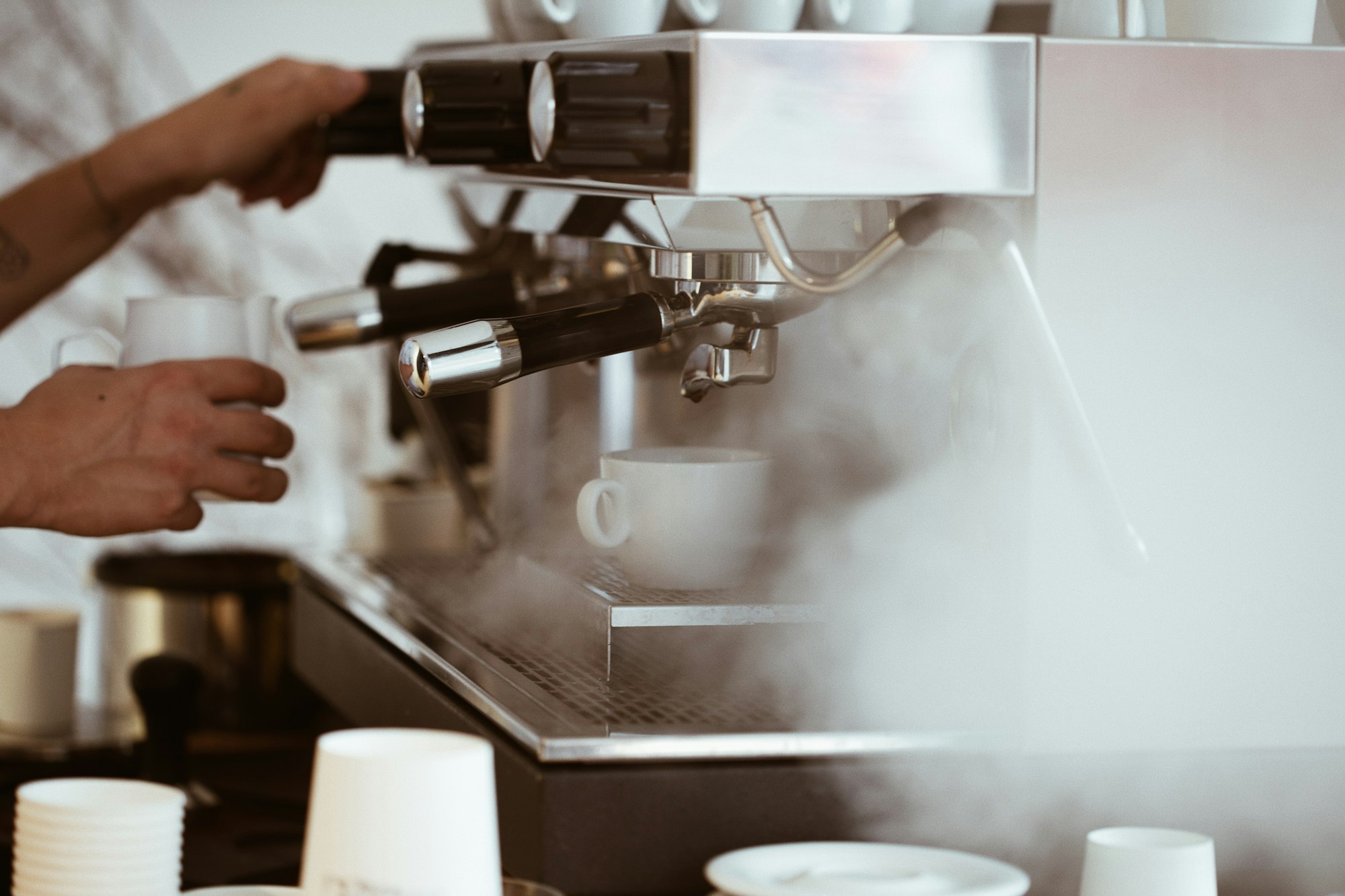
Becoming a skilled barista requires time, dedication, and a genuine passion for coffee. Aspiring baristas often gain experience through on-the-job training, working alongside more experienced baristas who can teach them the necessary skills and knowledge. Formal education and certifications, such as barista training courses, can also help individuals develop a strong foundation in coffee-making and the use of coffee machines.
Continuous learning is essential for baristas to stay informed about the latest trends in the coffee industry and the newest techniques and technologies. By actively engaging in continuous learning, baristas can remain competitive in the job market and enhance their earning potential. This can include taking formal courses, attending industry conferences, and shadowing more senior employees.
On-the-Job Training
Many coffee shops provide on-the-job training for new baristas, allowing them to learn the skills needed for the job through hands-on experience. This training can encompass the preparation of everyday drinks, the crafting of specialized drinks, and the utilization of sophisticated equipment. New baristas typically shadow seasoned employees for a few days before engaging with customers directly, gradually building their confidence and skills.
While on-the-job training is valuable, it can sometimes leave gaps in a barista's skillset and knowledge. To become a well-rounded and successful barista, it is essential for individuals to be career-minded and continually strive to develop their abilities, filling these voids through additional training and education.
Formal Education and Certifications
In addition to on-the-job training, formal education and certifications can play a significant role in becoming a skilled barista. Structured learning provided by educational institutions, such as schools, colleges, and universities, can help individuals develop a strong foundation in coffee-making and operating coffee machines.
Certifications, which are official documents attesting to an individual's level of knowledge or skill in a particular field, can also be valuable for baristas. They provide employers with proof that an individual has the requisite knowledge and skills to fulfill the job role and demonstrate the individual's dedication to their profession, helping them stand out from other candidates.
Continuous Learning
The world of coffee is constantly evolving, and baristas must be committed to continuous learning in order to stay up-to-date with the latest trends, techniques, and technologies. By actively engaging in continuous learning, baristas can improve their skills, expand their knowledge, and adapt to the ever-changing coffee industry.
This can be achieved by taking formal courses, attending industry conferences, and shadowing more senior employees. With dedication and passion, baristas can continue to grow and excel in their craft.
Barista Earnings and Tips
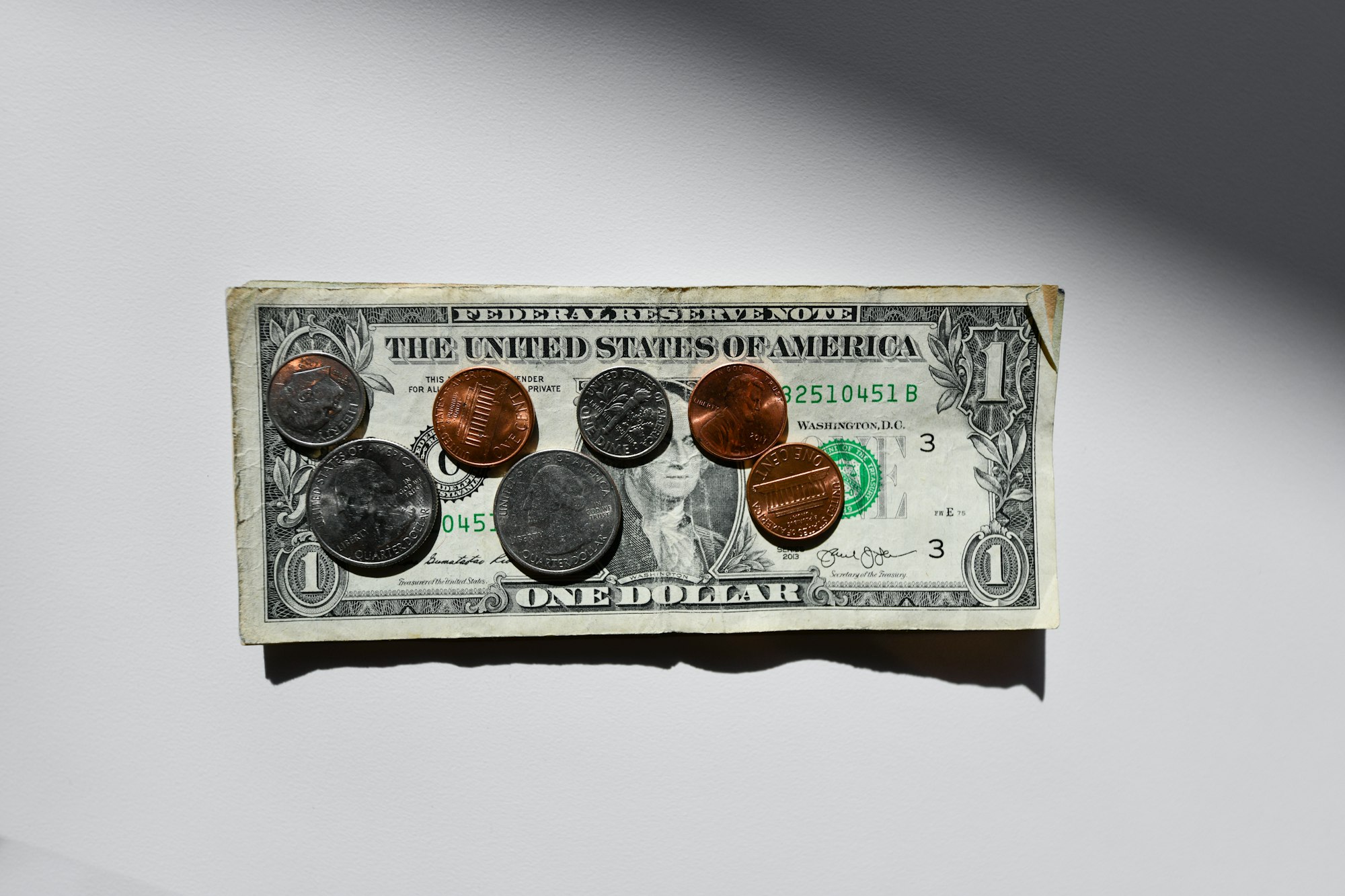
The average base salary for a barista in the US is $14 an hour, with the potential for earning tips that can be quite substantial in certain locations. Experienced baristas can earn more by providing superior customer service and taking on additional responsibilities, such as managing the shop and instructing new employees.
Ultimately, a barista's earning potential is directly influenced by their dedication to their craft, the quality of their work, and the satisfaction of their customers.
Barista Competitions and Specializations
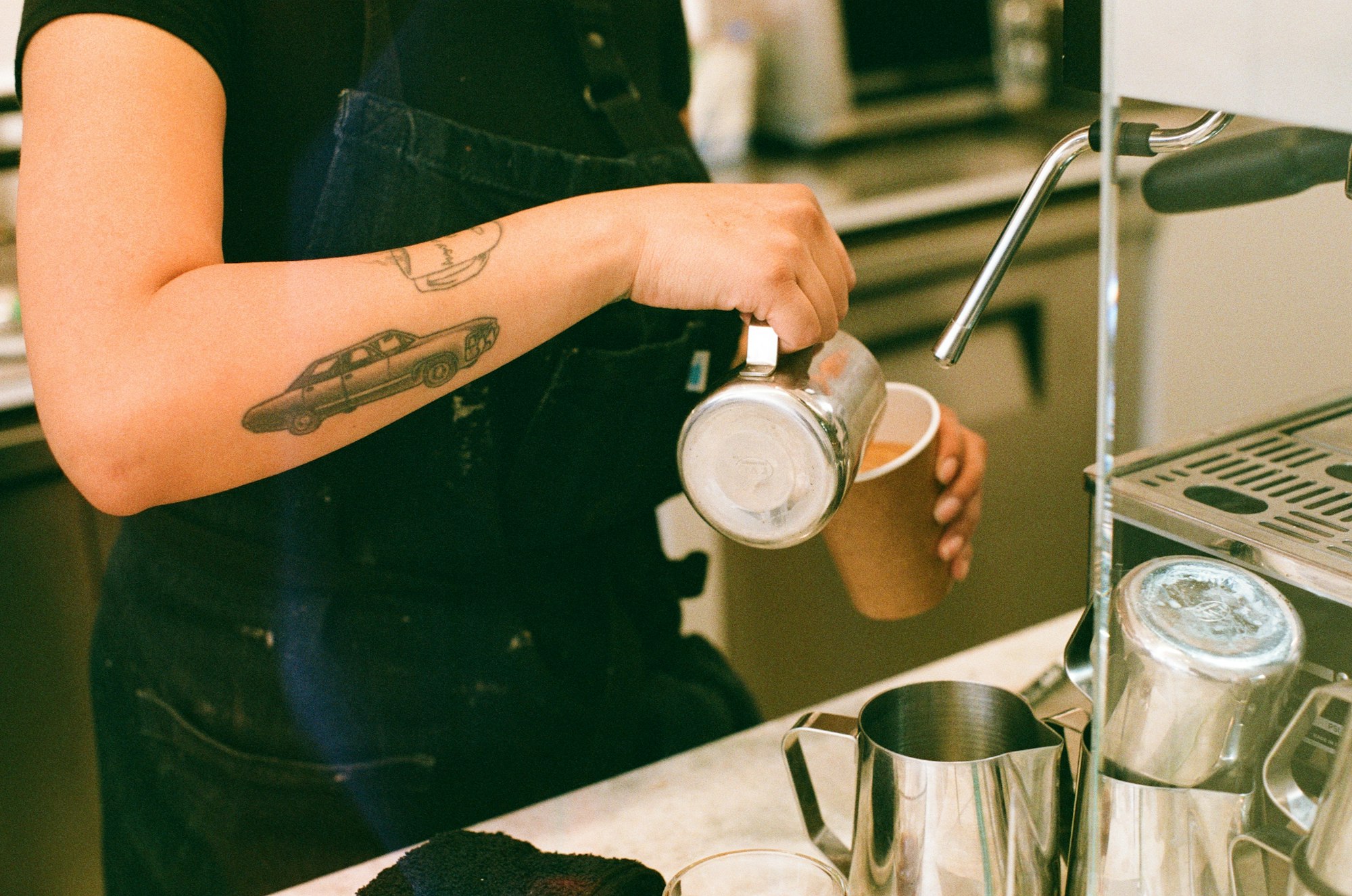
For those who wish to showcase their skills and passion on a global stage, barista competitions provide an exciting opportunity. The World Barista Championship is an annual event where baristas from around the world compete in various categories, such as espresso-based beverages, latte art, coffee roasting, and cold-brewed coffee preparation.
In addition to competing, baristas can also specialize in specific areas of expertise within the coffee industry, such as latte art, coffee roasting, coffee expertise, or cold-brewed coffee preparation. By honing their skills in a particular specialty, baristas can further distinguish themselves within the profession and contribute to the ever-growing world of coffee.
Summary
In conclusion, the role of a barista extends far beyond simply brewing coffee. Baristas are the heart and soul of coffee shops, responsible for providing exceptional customer service, mastering the art of coffee-making, and continually learning and growing in their craft. Whether through on-the-job training, formal education, certifications, or competing in global championships, baristas can elevate their skills and passion to new heights, ensuring that each cup of coffee they serve is a unique and memorable experience for their customers. So, the next time you enjoy a perfectly crafted espresso or marvel at the intricate design of latte art, take a moment to appreciate the dedication and expertise of the barista behind the counter.
Frequently Asked Questions
What does a barista do?
As a barista, you are the face of your cafe. Your role involves making and serving coffee drinks to customers, as well as providing excellent customer service.
You are also responsible for keeping the cafe clean and organized, stocking supplies, and operating equipment such as grinders and espresso machines.
Is barista just for coffee?
No, a barista is not just for coffee. Baristas often serve a variety of beverages and light food items in both restaurants and coffee shops. In Italy, baristas even serve drinks of all kinds - including beer, wine, cocktails, spirits, and more.
However, in the United States, the term "barista" is generally used to refer to those who serve specialty coffee drinks.
What's the difference between a bartender and a barista?
A bartender serves alcoholic beverages, while a barista prepares coffee and other non-alcoholic drinks. Bartenders often work later hours, while baristas often have daytime shifts.
Additionally, bartending requires specific training and licenses, while baristas typically have basic skills in customer service and beverage preparation.
Is a male barista still called a barista?
Yes, a male barista is still called a barista. The term 'barista' is gender-neutral and comes from the Italian language, meaning "bartender". Baristas typically serve coffee-based drinks as well as cold alcoholic and non-alcoholic beverages, and snacks.
Other Related Articles


